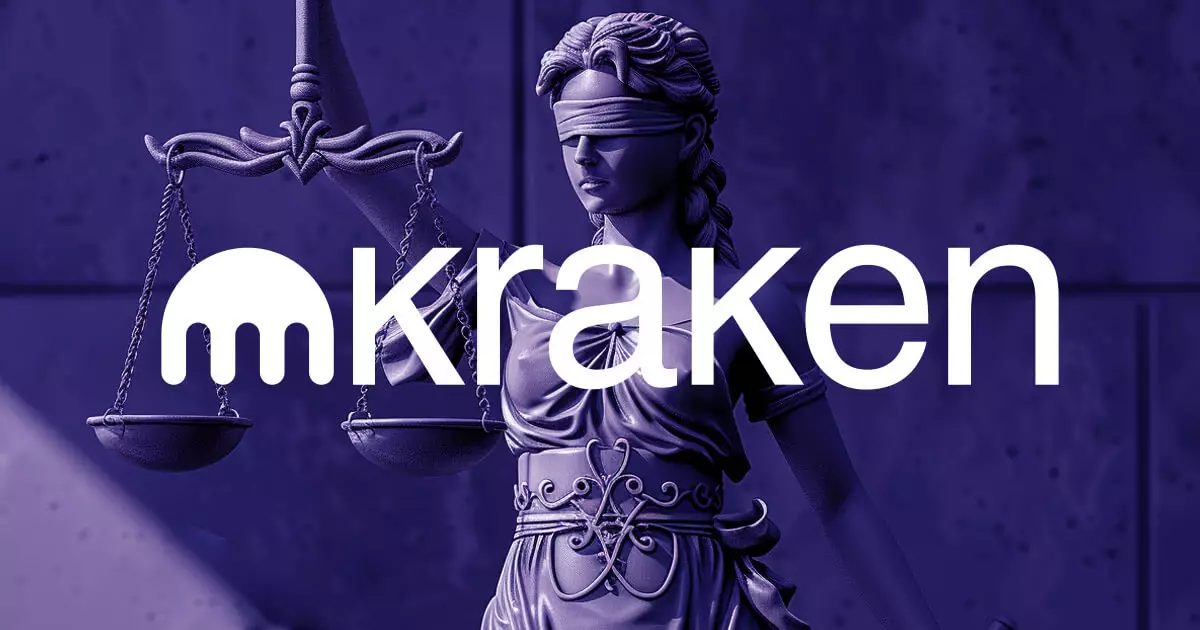Recently, a US federal judge made the decision to deny crypto exchange Kraken’s request to dismiss a lawsuit filed by the Securities and Exchange Commission (SEC). The SEC had alleged that Kraken was operating an unregistered securities exchange, broker, dealer, and clearing agency. The complaint from the regulator also stated that Kraken had been illegally facilitating the trading of securities, resulting in significant financial gains since 2018. This denial signifies a significant hurdle for Kraken to overcome in the legal battle with the SEC.
Kraken had attempted to dismiss the case brought forth by the SEC, arguing that the allegations made against the company were baseless and stemmed from a misinterpretation of securities laws. The exchange contended that the regulatory framework being applied by the SEC was outdated and not suitable for the rapidly evolving crypto industry. Specifically, Kraken mentioned that the staking services at the core of the SEC’s case did not constitute an unregistered securities offering, as claimed by the regulator. However, Judge William H. Orrick ruled in favor of the SEC, emphasizing that some of the cryptocurrency transactions facilitated by Kraken could indeed be classified as investment contracts and, therefore, subject to securities laws.
The ruling aligns with SEC Chair Gary Gensler’s perspective that a majority of digital tokens are unregistered securities that fall under SEC oversight. This assertion has widespread implications for the crypto industry as a whole, as regulatory bodies continue to grapple with defining and regulating digital assets. The case, officially titled Securities and Exchange Commission v. Payward Inc., is set to proceed in the US District Court for the Northern District of California, underscoring the legal challenges faced by Kraken in the ongoing dispute with the SEC.
The denial of Kraken’s request to dismiss the lawsuit comes at a crucial juncture as the exchange reportedly gears up to raise $100 million in its final funding round before a slated initial public offering (IPO) in 2025. Furthermore, Kraken encountered another legal setback in Australia, where the federal court ruled against Bit Trade Pty, the operating entity for Kraken in the country. The Australian Securities and Investments Commission (ASIC) found that Bit Trade had been offering margin trading products without adhering to regulatory requirements, prompting ASIC to seek financial penalties against the company. These legal challenges underscore the complex regulatory landscape surrounding cryptocurrency exchanges and the need for robust compliance measures in the industry.
The denial of Kraken’s motion to dismiss the lawsuit filed by the SEC highlights the ongoing legal battles faced by crypto exchanges in navigating regulatory frameworks. The ruling underscores the importance of regulatory compliance and adherence to securities laws in the crypto industry. As the legal proceedings unfold, Kraken and other exchanges will need to engage proactively with regulators to address compliance concerns and ensure the long-term sustainability of their operations in an increasingly regulated environment.

